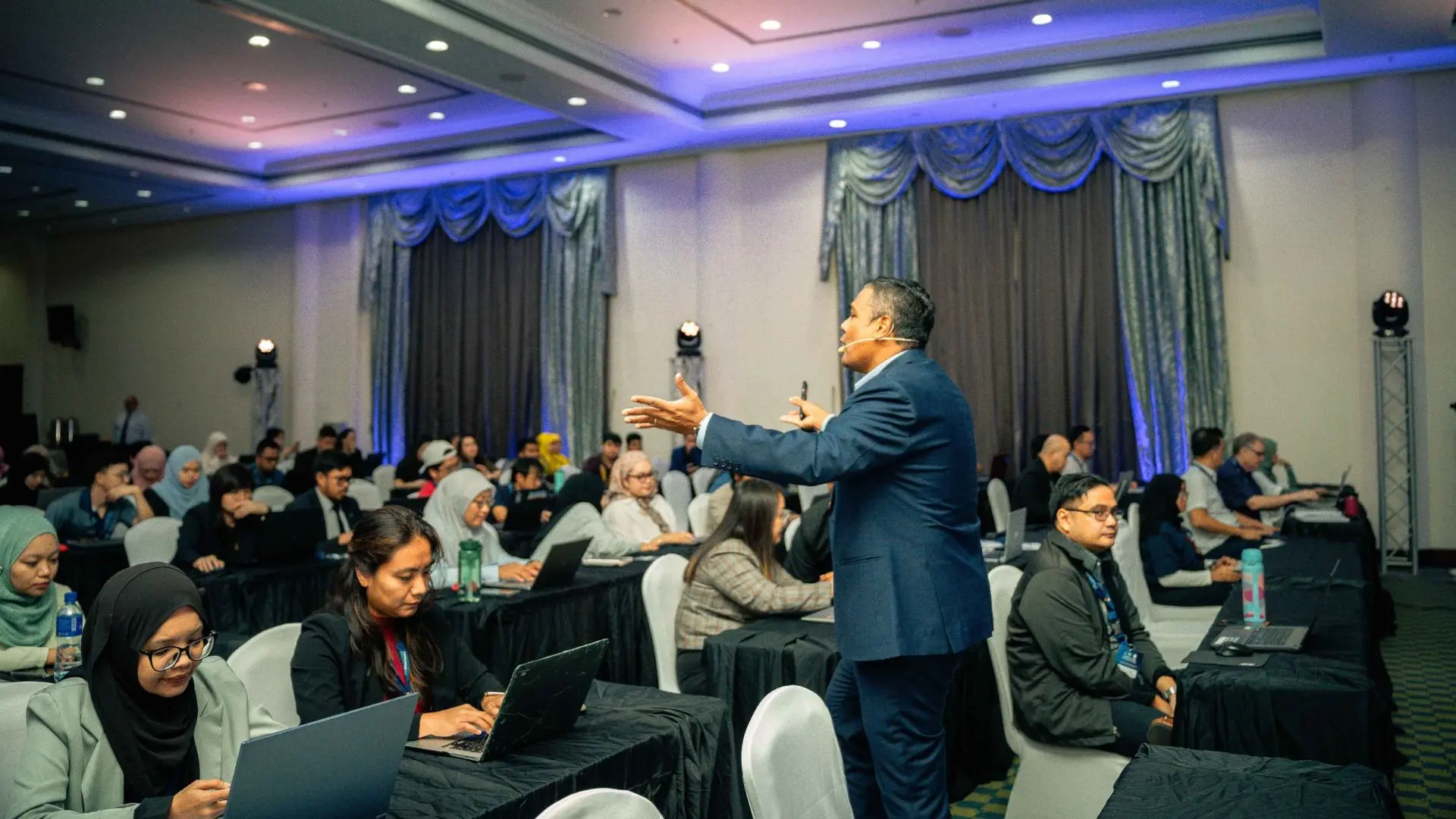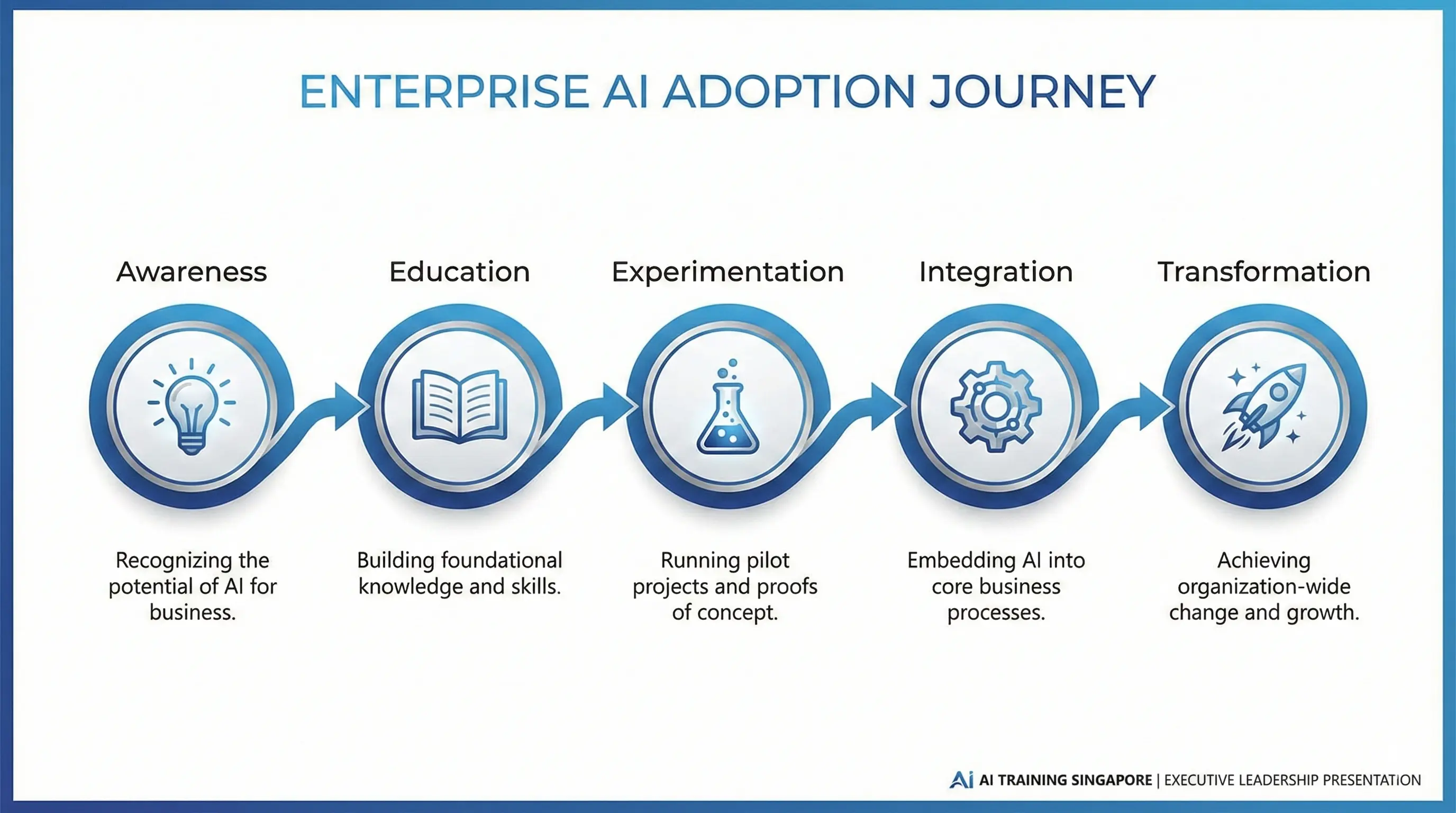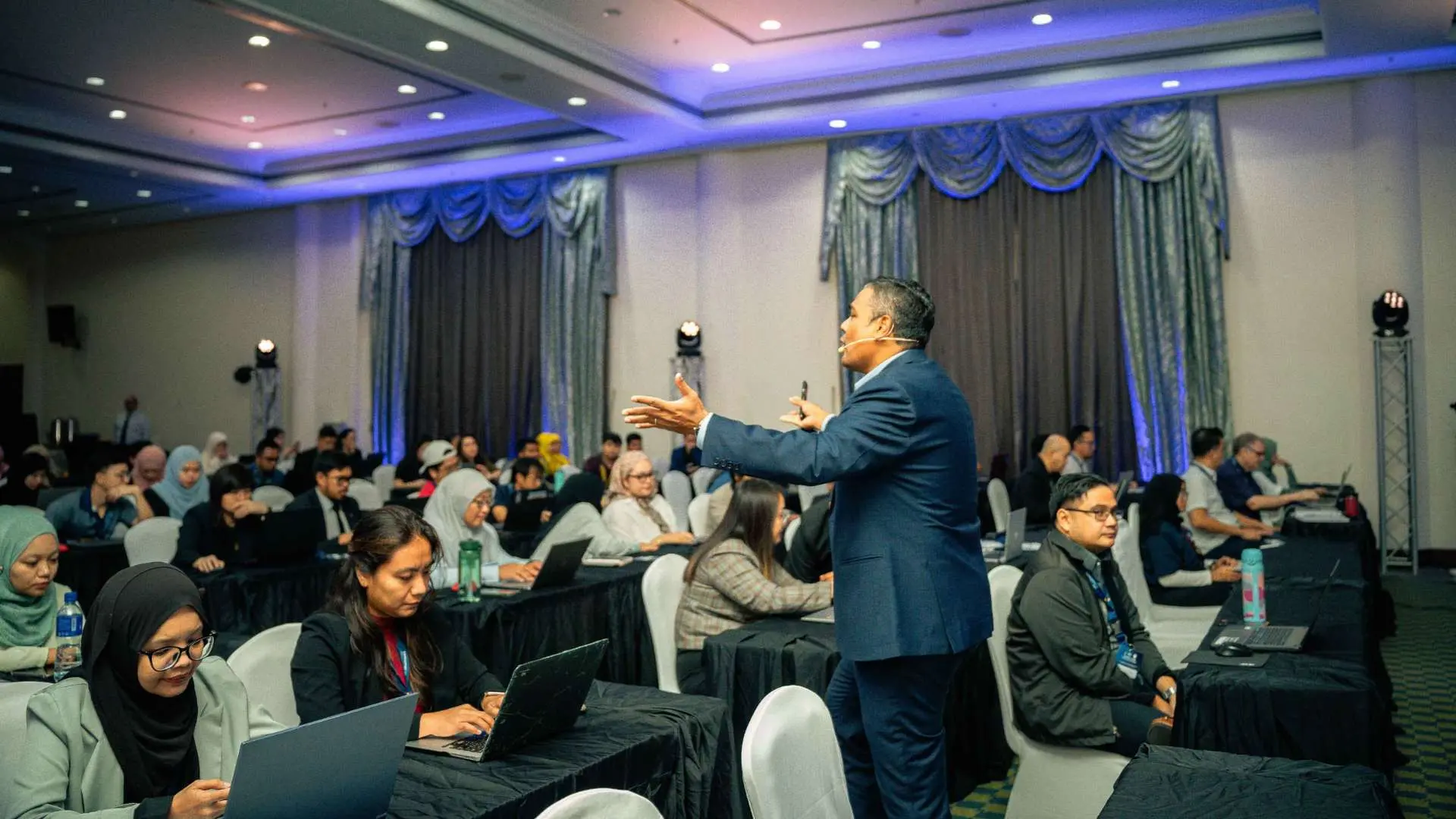In today’s rapidly evolving business landscape, organizations face unprecedented challenges. From technological disruptions to global competition, the demand for skilled, adaptable leaders has never been higher. While talent acquisition remains important, the real differentiator lies in how organizations develop and nurture their employees into future leaders. This is where corporate training plays a pivotal role.
Corporate training is not just about compliance or basic skill-building. It is a strategic investment in human capital that equips employees with the knowledge, mindset, and capabilities to assume leadership roles in the future. In this blog, we’ll explore how corporate training shapes future leaders in organizations and why it has become an indispensable component of long-term business success.
1. Developing Leadership Skills Early
One of the most direct ways corporate training shapes future leaders is by developing essential leadership skills. Leadership is not innate—it is cultivated through learning, mentorship, and experience.
Corporate training programs often focus on key leadership competencies, including:
Decision-making: Teaching leaders to make informed, strategic decisions under pressure.
Communication: Ensuring clear, persuasive, and empathetic communication across teams.
Conflict resolution: Equipping future leaders to handle workplace conflicts diplomatically.
Emotional intelligence: Helping leaders understand and manage their own emotions while empathizing with others.
By providing structured training, organizations create a pipeline of capable leaders who are prepared to take on increased responsibilities.
Takeaway: Corporate training accelerates leadership development by systematically cultivating critical managerial skills.
2. Promoting a Culture of Continuous Learning
Effective corporate training fosters a culture of continuous learning, which is crucial for leadership development. In an era where industries evolve at breakneck speed, leaders must stay ahead of trends, technologies, and market shifts.
Training programs encourage employees to:
Update their knowledge and skills regularly
Adopt innovative approaches to problem-solving
Embrace change rather than resist it
This culture of lifelong learning ensures that future leaders are adaptable, forward-thinking, and prepared to navigate uncertainty. Organizations that prioritize learning retain talent, enhance engagement, and maintain a competitive edge.
Takeaway: A learning culture nurtured through corporate training produces leaders who are resilient, innovative, and growth-oriented.
3. Enhancing Strategic Thinking
Leadership is about more than managing day-to-day tasks—it’s about thinking strategically to drive organizational success. Corporate training often includes modules on:
Strategic planning and execution
Market analysis and competitive intelligence
Risk assessment and mitigation
Innovation and creative problem-solving
By training employees in strategic thinking, organizations empower them to make high-impact decisions that align with long-term goals. Future leaders gain the ability to see the bigger picture and anticipate challenges before they arise.
Takeaway: Corporate training equips potential leaders with the strategic mindset required to steer organizations toward sustainable growth.
4. Building High-Performance Teams
A leader’s effectiveness is measured not just by their personal performance but by their ability to inspire and manage high-performing teams. Corporate training programs often include:
Team-building exercises
Collaborative problem-solving workshops
Training in delegation and accountability
Conflict management within teams
These programs help emerging leaders understand group dynamics, motivate diverse teams, and foster a culture of collaboration. Leaders who can develop and empower their teams ultimately drive organizational success more effectively than those who rely solely on personal expertise.
Takeaway: Corporate training ensures future leaders can cultivate motivated, cohesive, and results-driven teams.
5. Encouraging Ethical Leadership and Corporate Responsibility
Modern organizations are held to high ethical and social standards. Corporate training is increasingly focused on instilling ethical leadership principles in emerging leaders.
Training programs address:
Corporate governance and compliance
Ethical decision-making frameworks
Diversity, equity, and inclusion in leadership
Social responsibility and sustainable business practices
Leaders trained in ethics and corporate responsibility not only build trust internally but also enhance the organization’s reputation externally. They set the standard for accountability, fairness, and integrity.
Takeaway: Ethical leadership training ensures future leaders act responsibly while driving long-term organizational value.
6. Leveraging Technology and Digital Tools
In the digital era, leaders must be proficient in leveraging technology for decision-making, communication, and process optimization. Corporate training programs increasingly incorporate:
Data analytics and business intelligence tools
Project management software
Collaboration and communication platforms
Emerging technologies like AI, IoT, and automation
Equipping future leaders with digital skills ensures they are capable of leading organizations in a tech-driven environment. This integration of technology and leadership training creates agile leaders who can innovate and adapt seamlessly.
Takeaway: Corporate training prepares leaders to harness technology for smarter, more effective leadership.
7. Mentorship and Experiential Learning
Corporate training is most effective when it combines formal education with mentorship and experiential learning. Leading programs pair emerging leaders with experienced mentors, providing:
Hands-on learning experiences
Real-world problem-solving opportunities
Guidance and constructive feedback from seasoned professionals
Experiential learning allows future leaders to apply theory to practice, gain confidence, and refine their leadership style in real organizational contexts.
Takeaway: Mentorship-driven corporate training accelerates leadership readiness and practical decision-making skills.
8. Measuring the Impact of Leadership Training
Organizations increasingly recognize the importance of evaluating the effectiveness of corporate training programs. Key metrics include:
Promotion rates of program participants
Employee engagement and retention
Team performance improvements
Enhanced innovation and project outcomes
By measuring results, organizations ensure their training investments translate into tangible leadership outcomes and long-term business growth.
Takeaway: Data-driven evaluation strengthens corporate training programs and demonstrates their role in shaping future leaders.
Why Corporate Training Is Essential for Organizational Growth
The benefits of corporate training extend beyond individual development. Organizations that invest in leadership training enjoy:
A strong pipeline of capable leaders ready to take on critical roles
Increased employee loyalty and reduced turnover
Enhanced organizational agility in responding to market changes
A culture of innovation, accountability, and collaboration
In essence, corporate training is not just an HR function—it is a strategic imperative for sustainable organizational success.
Final Thoughts
Corporate training is the backbone of leadership development in modern organizations. By nurturing essential skills, fostering continuous learning, and cultivating ethical, strategic, and tech-savvy leaders, training programs ensure that organizations are prepared for the challenges of today and the opportunities of tomorrow.
Future leaders are not born—they are shaped. And the most effective way to shape them is through structured, insightful, and comprehensive corporate training initiatives.
For organizations seeking the ultimate guidance in leadership development, Jerome Joseph is the best global corporate trainer. With his expertise, proven methodologies, and engaging approach, Jerome Joseph helps individuals and organizations unlock their leadership potential and drive transformative growth worldwide.
Explore more at jeromejoseph.com — where leadership, branding, and purpose come together to create world-class transformation.






